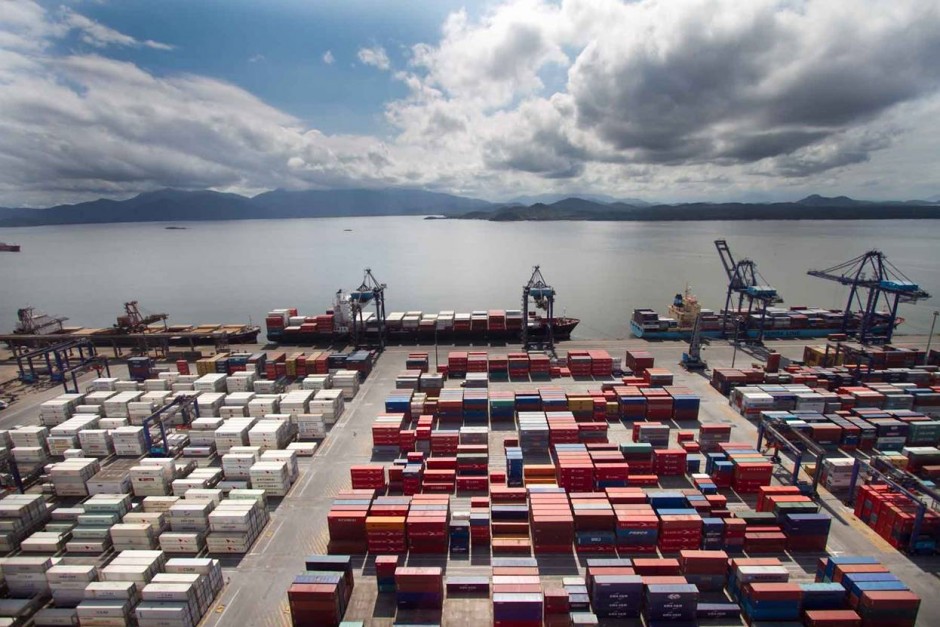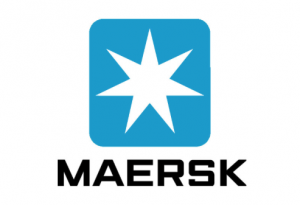Simply put, it means bringing goods into Cameroon from any country outside of the CEMAC Sub-Region (Cameroon, Chad, Central African Republic, Gabon, Equatorial Guinea, and Congo) for personal or commercial reasons.
Forgoods worthoverone millionCFA francs (including those subject to pre-shipmentinspection), the importer must apply foran import declarationwith thepre-shipment company known as SociétéGénérale de Surveillance (SGS). This application must beaccompanied by a copyofthe pro forma invoice, purchase order, telex confirmationorany equivalentdocument containingtheFOBvalue of the goods. The original andfourcopiesof the importstatement issuedby SGSarereleased to the importerorfreight forwarder,andinspection ordersare given bySGSregardingthe goods in question.After the inspection,an internalreport is sent tothe SGSliaisonofficein Cameroon for the issuance ofanImportVerification Certificate, better known as “Avis de Vérificationàl’Importation”(AVI). Imports ofless than 1millionor those that are exempt fromPSI (Pre-shipment inspection)aretreated directlyaccording to normalcustomsclearance procedures.










